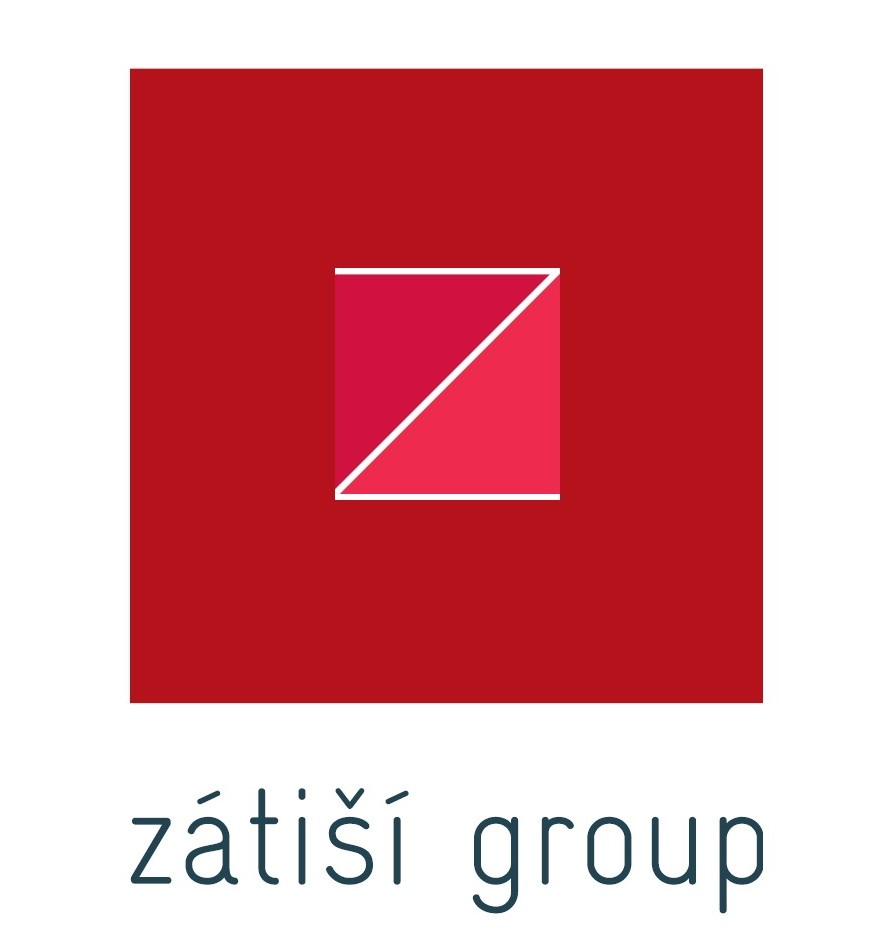Better perspectives in Central and Eastern European real estate markets, says RICS
15.09.2014Company: Amcham
The RICS Commercial Property Monitor for Q2 2014 revealed that most regional markets slowly but steadily seem to be getting out of the woods. In most Central and Eastern European markets macroeconomic challenges influence real estate sentiment, but expectations are improving with longer term outlook for capital values.
In Bulgaria and Hungary, rents and capital values are expected to pick up across the board over the next 12 months. Similar movements are expected for capital values in the Czech Republic, but the outlook for rents shows a more mixed picture across market sectors. The next 12 months seem gloomier in Romania where growth in capital values is projected to slow and rents are expected to fall.
Macroeconomic challenges remain across the CEE region
All four countries have their own macroeconomic challenges to face, but a brighter economic outlook is captured in the latest Q2 survey. In Bulgaria, the government’s resignation and a swift outbreak of vulnerability in the banking sector can cause some challenges and jeopardize a brighter outlook, while the other three countries are facing record low inflation and interest rates.
Balázs Czifra MRICS, Country Head, DTZ Hungary added: “Hungary shows signs of being on the path of recovery. This can be seen on the occupier market, where there is increasing occupational interest; lack of available, larger prime space in practically all market segments. Although vacancy rates are still high, occupiers have rather limited choice of modern, good quality, large contiguous space. This trend will lead to pre-let or built-to-suit agreements and impose an upward pressure on rental levels. Hungary became again an interesting, potentially attractive market for investors mainly looking for retail and office products. With the positive notes on the occupier market we expect an increasing investment activity in the next two years as well-positioned and well-managed properties may prove to be profitable investments, especially when compared to other CEE countries. On the other hand several value-adding products are available in the marketplace; higher risk-taking investors may find some attractive deals.”
The Czech Republic has the weakest occupier market….
A positive value was registered for the Occupier Sentiment in Bulgaria, Hungary and Romania, while it stands slightly negative, but in relatively neutral territory, in the Czech Republic. In Hungary the index reached its highest level since the global financial crisis, while in the Czech Republic and Romania it eased back relative to last quarter.
Occupier demand increased across the board in Bulgaria, Hungary and Romania, particularly in the office sector in Bulgaria and in the office and retail sectors in Hungary. In the Czech Republic, growth in availability outpaced occupier demand in both the office and retail sectors, in the industrial sector, however, demand is outpacing availability and tenant inducements are falling. In Romania growth in availability accelerated, especially in the office sector.
Rents are expected to increase across all three sectors (office, retail and industrial) in Bulgaria and Hungary over the next twelve months. In Bulgaria a particularly firm increase is expected in the office market. In the Czech Republic office rents could be set to fall further, but the retail and industrial areas of the market should see growth.
“In Bulgaria, investor interest is going up on the back of brighter outlook for occupier demand and rental growth across all three commercial real estate segments,” Michaela Lashova, MRICS, Managing Partner at Forton, the Cushman & Wakefield Alliance Partner in Bulgaria and FYROM, said. “The fundamentals further improved in the office market with positive spillovers seen beyond the prime segment. Retail rents are supported by reasonable pre-leasing rates for new developments and a return to growth of consumer expenditures since the start of the year. And in industrial and logistics real estate the shortage of supply is putting upward pressure on rents whereas demand builds up.”
In Hungary confidence in the rental outlook turned positive for the first time in four years, while in Romania confidence in the outlook for rents turned negative and rents are projected to fall in all but the retail sector (where they are expected to remain flat).
…and at the same time it has the most promising investment market in the region
The Czech Republic demonstrated the highest Investment Sentiment Index reading by some margin, although the reading is also positive in Hungary. The Index reached its highest level since 2011 in the Czech Republic and since 2010 in Hungary. The Index is in neutral territory and indicates a more or less stable investment market for both Romania and Bulgaria. In Romania it turned neutral for the first time since 2010.
“Bulgaria together with a number of other SEE and CEE countries is among our primary targets. Although the number of investments one could make in Bulgaria, and more precisely in Sofia, is rather limited, there are some good quality investments that can generate decent returns and therefore be of interest to the investors,” Lila Pateraki, Director of Business Development at Zeus Capital Managers, said. “We believe that there is still an opportunity in the office market and in the retail sector.”
In all four countries investment enquiries continue to increase across the board. The growth was particularly strong in the retail sector in Bulgaria and Romania, also in the industrial sector in the Czech Republic.
This is a result of elevated capital value expectations (3 months) in the Czech Republic with growth anticipated in all sectors, although the industrial sector is the standout performer. “The level of activity in the industrial sector and the weight of capital forcing itself in to the sector has benchmarked pricing, with significant appetite for single stand-alone investment assets, through to industrial parks, portfolios and even entire platforms.” Commented Stuart Jordan FRICS, Head of Capital Market, JLL. Meanwhile, modest growth is expected in Hungary across the board. Results vary in Bulgaria, where retail values are expected to fall while office and industrial segment values are anticipated to be more or less flat. In Romania capital values are expected to remain flat in all areas of the market.
Nevertheless, the longer term outlook for capital values (12 months) is encouraging for all four countries, with some degree of growth projected in each sector. In Bulgaria a firm pick up is expected, the Czech Republic exhibits the strongest readings with strong appetite in the industrial sector now being reflected in a competitive retail sector, while in Hungary and in Romania capital values are only expected to pick up moderately.
The global outlook
Globally, the Monitor shows how Spain, Portugal and Ireland – some of the economies most affected by the 2008 crisis – are now experiencing a very positive turnaround in sentiment, in both the occupier and investment commercial property markets.
RICS experts interviewed during the second quarter of 2014 continue to report the best results in Japan and UAE, while the tone of the Chinese commercial property market is a little less positive with further modest slippage in rents and capital values.
The US results show an improvement on an already solid picture with growth in tenant demand, supported by a strengthening labour market, exerting upward pressure on rents. Likewise, respondents to the survey continue to post strong underlying results within the New Zealand, German and UK markets.
Strong economic growth, notwithstanding the slowdown in Q2, is continuing to support the German real estate market, where growth in occupier demand remains firm across all areas of the market, with the retail sector showing the strongest reading. Meanwhile, space available for occupation has started to decline within all sectors for the first time in over a year. RICS respondents in Germany anticipate an acceleration in rental growth in each sector, with offices seeing the sharpest improvement in expectations.NDS-
RICS’ Global Commercial Property Survey is a quarterly guide to the trends in the commercial property investment and occupier markets.
The Global Commercial Property Survey is available from the RICS web site www.rics.org/economics
About RICS
RICS is the world’s leading qualification when it comes to professional standards in land, property and construction.
In a world where more and more people, governments, banks and commercial organisations demand greater certainty of professional standards and ethics, attaining RICS status is the recognised mark of property professionalism.
Over 100 000 property professionals working in the major established and emerging economies of the world have already recognised the importance of securing RICS status by becoming members.
RICS is an independent professional body originally established in the UK by Royal Charter. Since 1868, RICS has been committed to setting and upholding the highest standards of excellence and integrity – providing impartial, authoritative advice on key issues affecting businesses and society. RICS is a regulator of both its individual members and firms enabling it to maintain the highest standards and providing the basis for unparalleled client confidence in the sector.







